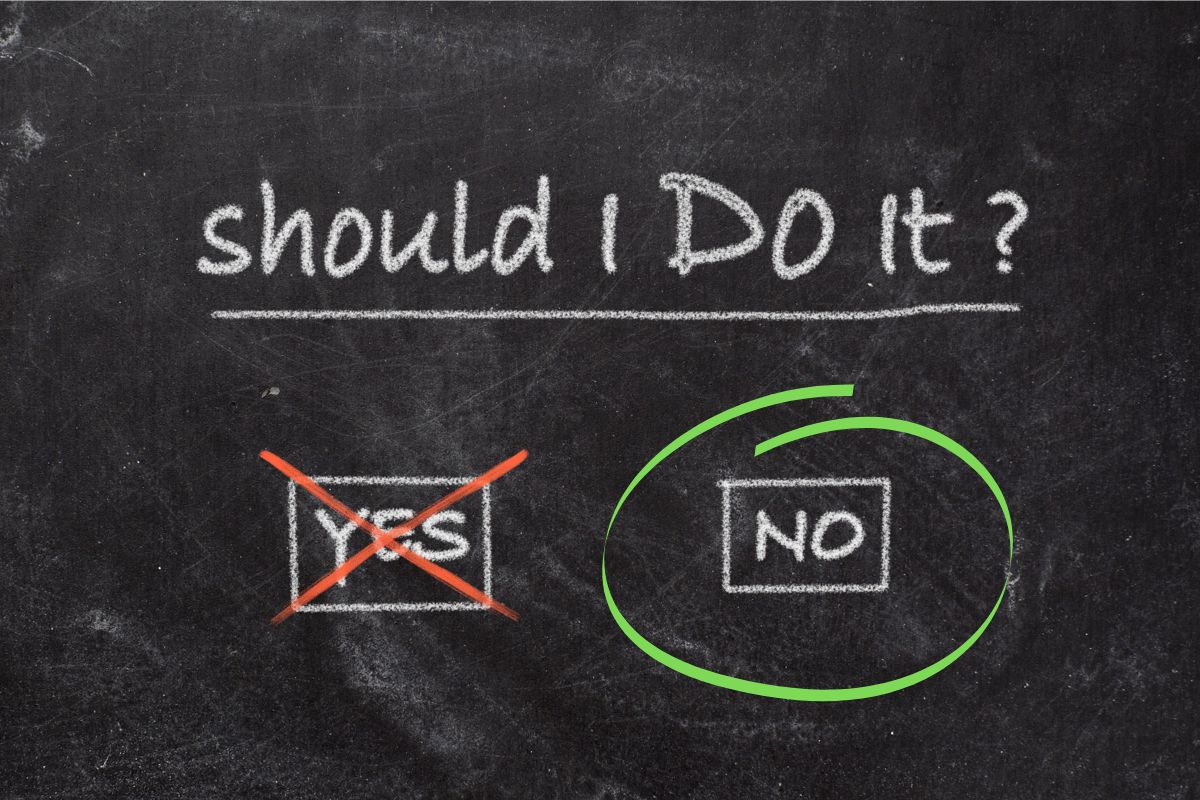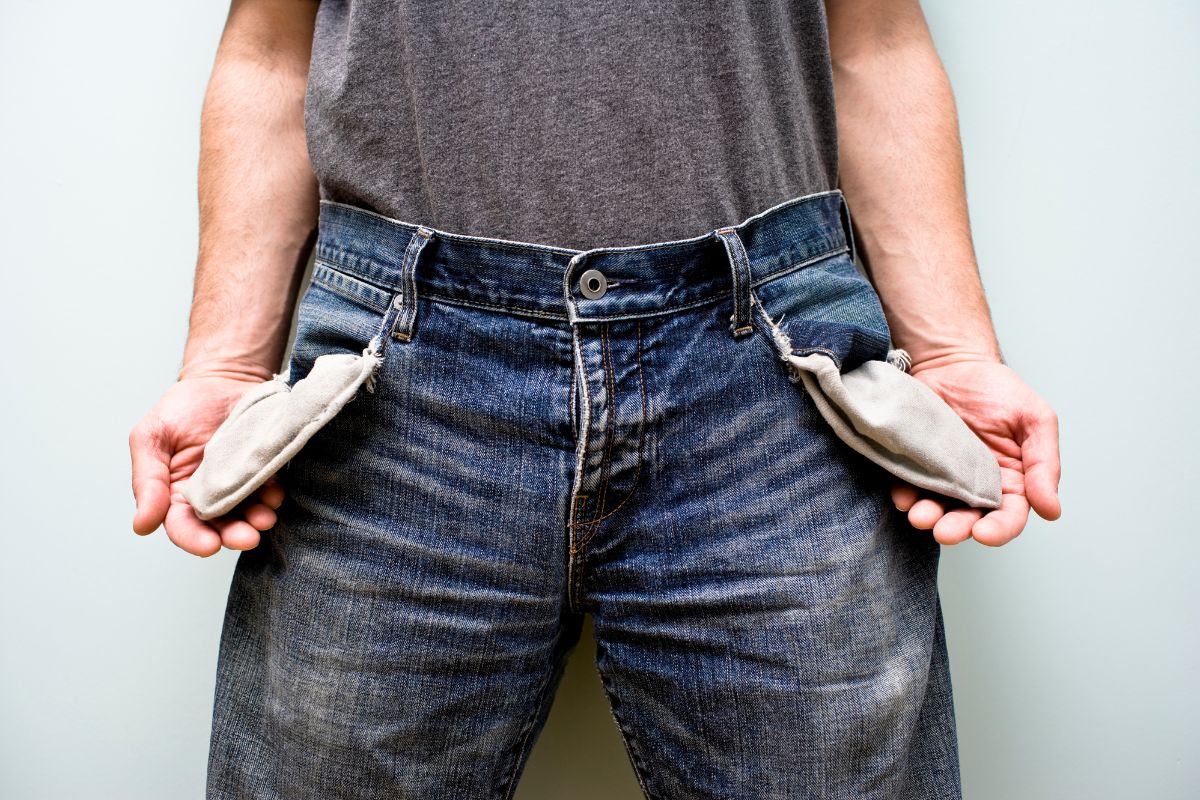False allegations can be devastating to your personal and professional life, and more severe charges can even lead to jail time, loss of custody of your children, and more. If you have been falsely accused of a crime, there are things you can do to protect yourself and your reputation.
The attorneys at Cobb Criminal Defense are here with a comprehensive guide to help if you’ve been accused of a crime you didn’t commit.

What are False Allegations?
False allegations are accusations of a crime that have been made without any evidence to support them. These charges can be dismissed if the defendant and his defense attorney can prove you’ve been wrongly accused.
If your accuser is proven to be lying, it may lead to serious penalties for the accused, including jail time, fines, and a criminal record. It is important to remember that just because you have been accused, it doesn’t mean you are guilty.
There are a few different types of false allegations we encounter in our legal practice:
- Malicious prosecution is a false accusation made with the intent to harm the accused. This may include lying to the police or purposely fabricating evidence.
- Slander is the act of making a false statement about someone that damages their reputation. Slander can be spoken, written, or even gestured.
- False accusation of sexual assault is a serious crime that can lead to jail time and other penalties. This type of allegation can be difficult to fight, as there is often little evidence to support the accuser’s story.
What are the Most Common Types of False Allegations?
There are many different crimes a person can be falsely accused of, but some of the most common include:
- Sexual assault or rape
- Domestic violence
- Child abuse or neglect
- Theft or robbery
- Murder or manslaughter
Often, the people making these charges are family members, friends, or co-workers of the accused. It is important to remember that just because someone is close to you, they are not always going to have your best interests at heart.
These are all very serious charges. If you have been falsely accused of any of these crimes, it is important to contact an experienced criminal defense attorney as soon as possible.
What to Do If You Are Falsely Accused?
If you have been falsely accused of a crime, the first thing you should do is schedule a consultation with an experienced criminal defense attorney.
Your attorney will help you gather evidence to support your innocence and protect your rights. He or she may also be able to negotiate with the prosecution to get the charges against you dismissed.
You should also:
- Stay polite. It is important to remain respectful to the authorities and your accuser. While it’s normal to feel angry and frustrated, your reactions and words could potentially be used to paint a negative picture in court.
- Organize any records or evidence you have to prove your innocence. This could be anything from witness statements to emails or text messages and proof of an alibi. These records could be used as evidence to help win your case.
- Keep a detailed journal of everything that has happened since you were accused. Include contact information for witnesses, the date and time of any conversations you had with the people involved, a timeline of events, and any other important information.
- Make sure to get a copy of any records related to the case, including police reports, witness statements, and medical records. Your attorney may be able to use these to prove your innocence and get the charges dismissed without going to trial.
- Stay calm and positive, and remember that you are innocent until proven guilty.

What You Should NOT Do If You’ve Been Accused of a Crime?
There are also some things you should avoid doing if you’ve been falsely accused of a crime:
Do not speak to the police or anyone else about the case without your attorney present. Remember, anything you say can and will be used against you. Instead, try to be patient while you wait for your day in court.
Do not discuss the allegations with anyone besides your attorney. Talking to friends, family, or the media can damage your case and make it harder to prove your innocence.
Do not try to contact or confront your accuser. Even if you think it might help, contacting your accuser without an attorney present is a bad idea, and could lead to more charges being filed against you.
Do not leave the state or country without permission from your attorney. You may have work or personal obligations, but if it looks like you’re trying to flee the country it will only make things worse for you.
Do not destroy or hide any evidence. This could be interpreted as an attempt to cover up a crime and could lead to more charges being filed against you. Keep all relevant phone logs, text message records, photographs, and contact information until after your case is closed.
Do not change your appearance or delete any social media posts. This could be viewed as an attempt to hide from the charges or cover up the truth, and it could be used as evidence against you.
Do not delete or discard any evidence related to the case. Good record-keeping is key to proving your innocence, so make sure to keep all evidence until after the case is closed.
Do not post anything about the case online. While you may be tempted to vent in a social media post, it is important to remember that anything you say could be used against you in court. Wait until after your case is settled to post about it online.
Do not accept a plea bargain or admit guilt, even if it seems like the easiest thing to do. You may be ready to move on, but admitting guilt or taking a plea bargain for a crime you didn’t commit can have lasting consequences. You will be able to get a better outcome by fighting the charges and proving your innocence in court.
Do not wait to seek legal help. The longer you wait, the harder it will be to prove your innocence. Speak to a local attorney near you as soon as possible after being accused of a crime.
Do not give up hope. With the help of an experienced criminal defense attorney, you can fight these charges and clear your name.
If you have been falsely accused of a crime, contact Cobb Criminal Defense today for a free consultation. Our attorneys have years of experience defending clients against false allegations and we are here to help you.

Why Do People Get Falsely Accused?
False allegations can be made for a number of reasons, including revenge, jealousy, anger, or even to gain an advantage in a legal case. Being falsely charged with a crime can be very damaging to the accused person’s reputation and can lead to long legal battles.
There are many reasons why someone may make false allegations against another person, but some of the most common reasons include:
- Revenge: An individual may falsely accuse another person of a crime in order to get back at them for something they did wrong.
- Jealousy: An accuser may be jealous of the defendant and may falsely accuse them of a crime in order to make them look bad.
- Anger: An accuser may be angry at the defendant and may falsely accuse them of a crime as a way to lash out.
- Gain an Advantage in a Legal Case: An accuser may make false allegations in order to help their case in court. For example, they may falsely accuse the defendant of domestic violence in order to get a restraining order.
It is important to remember that anyone can be falsely accused of a crime, regardless of race, sex, or age. If you have been falsely accused, it is important to seek legal help right away. The attorneys at Cobb Criminal Defense are here to help you clear your name and get back on track.

What If I Can’t Afford an Attorney?
Hiring a criminal defense lawyer is the best way to ensure that your rights are protected and that you have the best chance of winning your case.
However, if you cannot afford an attorney, you may be eligible for free or low-cost legal representation through the Legal Aid Society or a similar organization.
A pro-bono lawyer may also be available to represent you in court, but the goal is to prevent your case from ever getting that far. At Cobb Criminal Defense, we work to get your false charges dismissed without going to trial.
We offer free consultations to all of our prospective clients, so please do not hesitate to contact us if you have been falsely accused of a crime.
I Was Falsely Accused, Can I Sue My Accuser?
It depends. If the accuser made the false allegations maliciously and with intent to harm the defendant, then they may be liable for any damages they caused. However, most cases of false allegations do not result in civil lawsuits. We recommend you speak to an attorney to explore the details of your case and learn more about your legal options.
Call Cobb Criminal Defense Today!
If you have been falsely accused of a crime, contact Cobb Criminal Defense today for a free consultation. Our attorneys have years of experience defending clients against false allegations and we are here to help you clear your name and restore your reputation.
